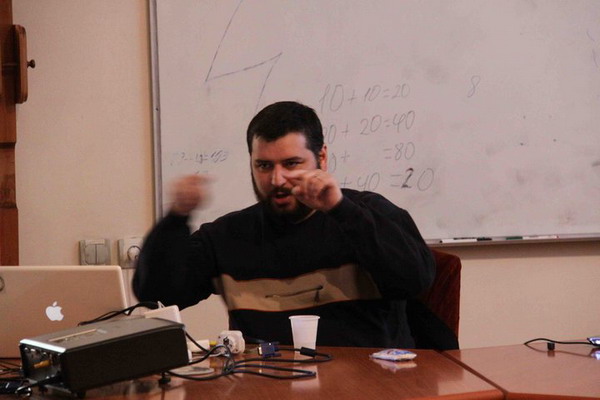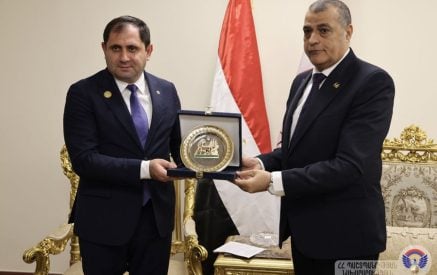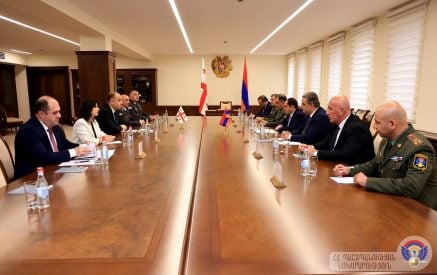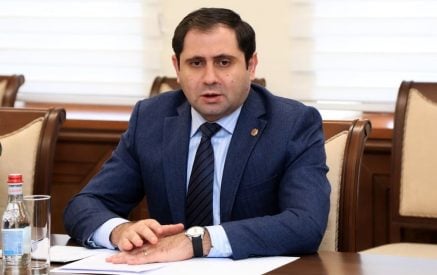“In any war, intelligence, penetration or subversive acts are registered. But we are really at war, because it is cease-fire, and not a peace treaty. But to associate this with external global and other phenomena, I do not think, it’s right,” so responded campaign researcher, Karen Vrtanesyan, to the question of Aravot.am of whether the recent days registered border military and subversive acts are associated with foreign policy developments. Recall that on July 9, in the afternoon, and the morning of July 10, the Azerbaijani armed forces fired at the village of Chinari. Subversive acts were carried out in Karvachar. In the conversation with us, Karen Vrtanesyan noted that the subversive, intelligence and military acts are part of regular military operations, like for instances, bombardments and skirmishes. Later, he stressed, “Such acts also have a psychological effect, regardless of whether they were designed specifically for this purpose or not. Any military action, if successful, has a demoralizing effect on the enemy. In this specific case, the operations by the Azerbaijan side on the border have also a psychological effect.” To the question of Aravot.am of whether as a result of implementing a specific policy of information it is possible to neutralize the psychological effect, Karen Vrtanesyan responded, “It is possible, for example, the right coverage of such actions, when the data are not inflated and are not presented by additional emotions.” Referring to Azerbaijan’s military and subversive acts, the expert noted, “In this given case, the primary goal of the opponents’ actions is that they are covered in the press. Therefore, if it is possible to be restrained in the coverage, then these actions would lose their meaning. But under today’s competitive environment of information field, such actions, one way or another, reach their goal.” According to Karen Vrtanesyan, the authorities, to avoid this situation, should possibly try to provide timely, efficient and accurate information.
Tatev HARUTYUNYAN


























































